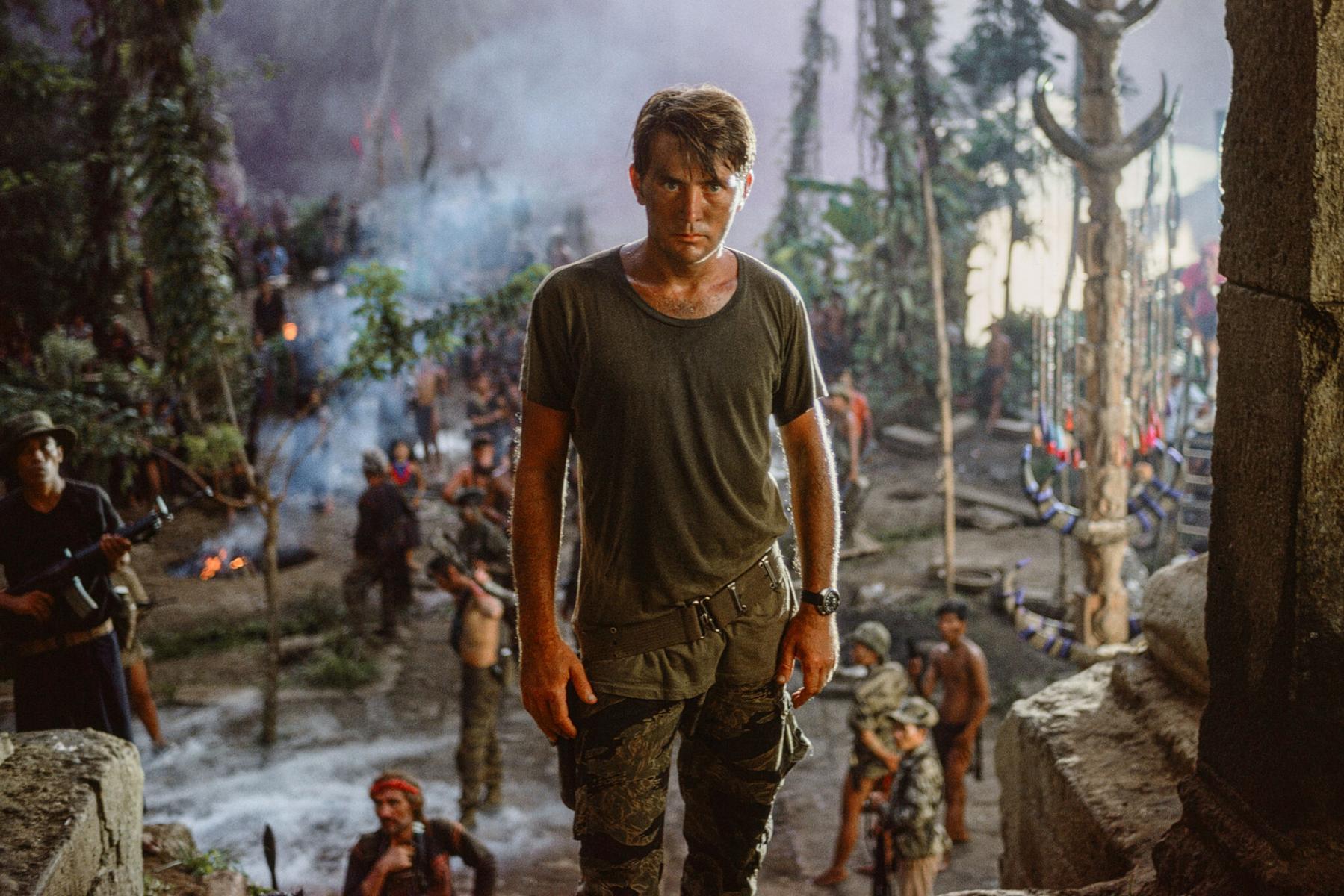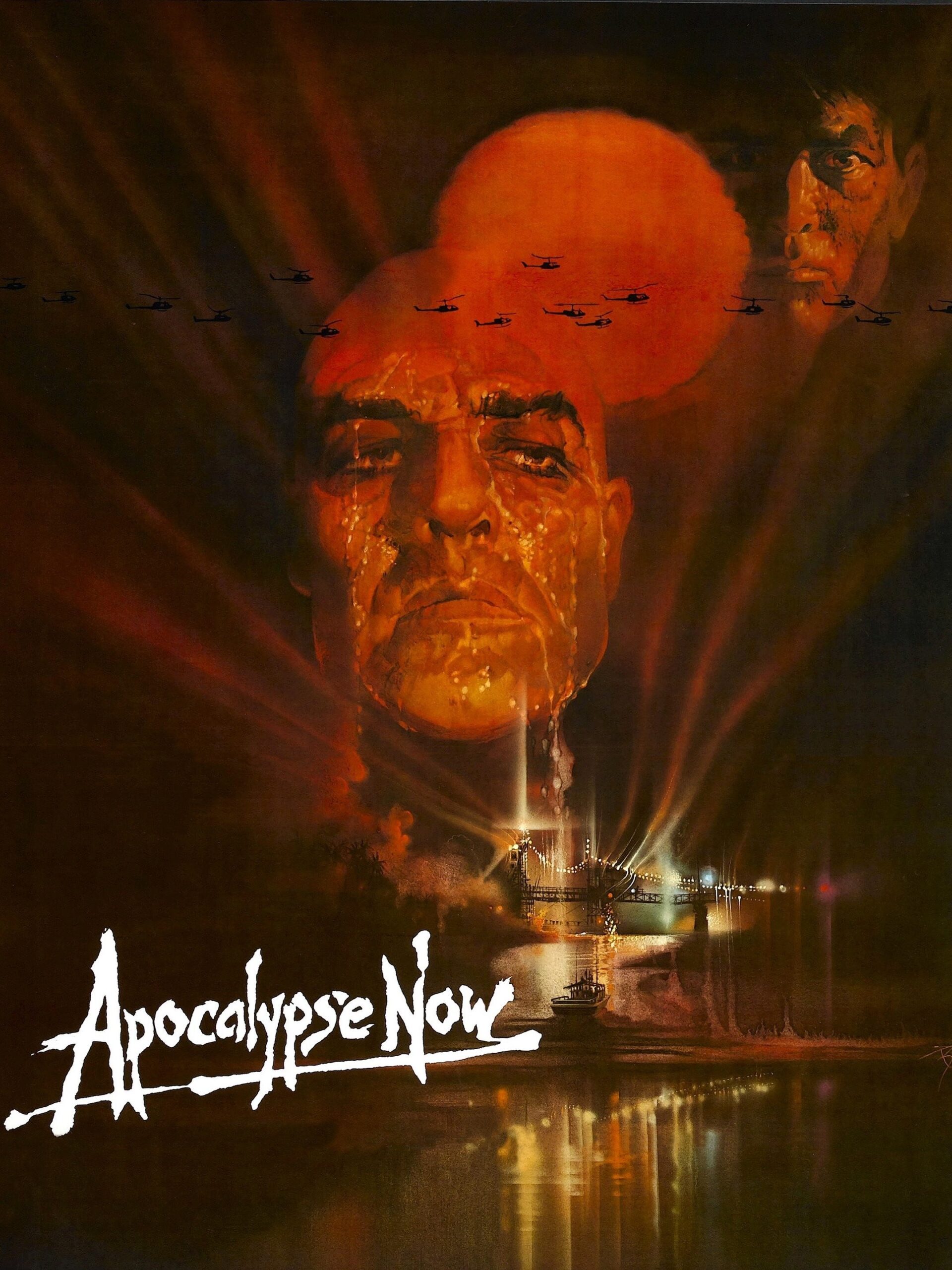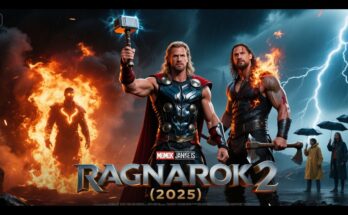Apocalypse Now (1979), directed by Francis Ford Coppola, is a war film set during the Vietnam War, loosely based on Joseph Conrad’s novella Heart of Darkness. The story explores the madness and horrors of war as experienced by U.S. Army Captain Benjamin Willard, portrayed by Martin Sheen.

The plot begins with Willard being sent on a secret mission to assassinate Colonel Walter Kurtz (Marlon Brando), a rogue, highly decorated officer who has gone insane and established himself as a godlike figure in the Cambodian jungle, leading a cult-like group of indigenous followers. Willard is tasked with traveling upriver to find and kill Kurtz, as his actions are seen as a threat to military order and the war effort.
Willard embarks on the journey aboard a Navy patrol boat with a small crew, led by the excitable Lieutenant Colonel Kilgore (Robert Duvall), who is obsessed with surfing despite the ongoing war. As the crew progresses deeper into the jungle, they encounter brutal combat, surreal situations, and the psychological toll of the war, with each encounter pushing them further into moral ambiguity.

Along the way, the group faces a series of harrowing and chaotic events, such as the infamous “surfing and bombing” scene, where Kilgore orders an airstrike to secure a beach for surfing. As they approach Kurtz’s location, Willard grapples with his internal conflict over the mission’s morality and the nature of his own humanity.
Once Willard reaches Kurtz’s compound, he discovers that Kurtz has become completely unhinged, believing that the war can only be won through extreme measures and that he is a prophet. Kurtz’s philosophy and actions have led him to create a violent and anarchic world of his own. In the climactic sequence, Willard ultimately confronts Kurtz, resulting in a shocking and ambiguous conclusion, as Willard takes Kurtz’s place as the one who must embrace the brutal violence of war.

“Apocalypse Now” is a powerful meditation on the madness and disillusionment of war, as well as the moral degradation that can occur when human beings are exposed to extreme violence. Its visuals, performances, and iconic use of music (such as “The End” by The Doors) make it one of the most influential and thought-provoking films in cinema history.




